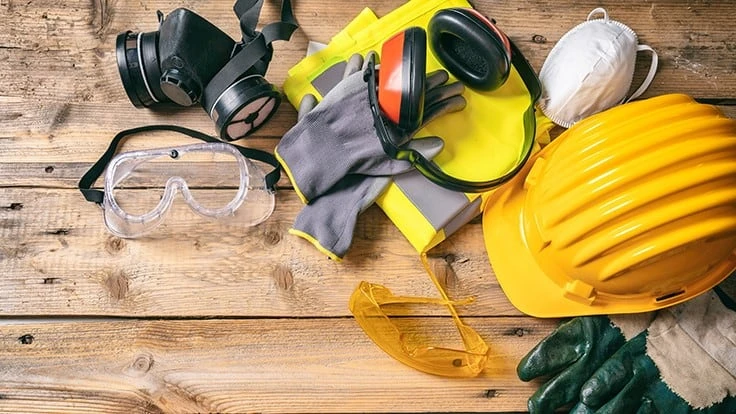
The U.S. Department of Labor’s Occupational Safety and Health Administration (OSHA) announced May 19 that it has adopted revised policies for enforcing its requirements with respect to the coronavirus as economies reopen in states throughout the country.
Throughout the course of the pandemic, understanding about the transmission and prevention of infection has improved as the government and the private sector have taken measures to slow the virus’s spread, protect employees and adapt to new ways of doing business, OSHA says.
Now, as states begin reopening their economies, OSHA has issued two revised enforcement policies to ensure employers are taking action to protect their employees.
First, OSHA is increasing in-person inspections at many workplaces. The new enforcement guidance reflects changing circumstances in which many non-critical businesses have begun to reopen in areas of lower community spread. The risk of transmission is lower in specific categories of workplaces, and personal protective equipment potentially needed for inspections is more widely available. OSHA staff will continue to prioritize COVID-19 inspections and will use all enforcement tools as OSHA has historically done, the organization says.
Second, OSHA is revising its previous enforcement policy for recording cases of coronavirus. Under OSHA’s recordkeeping requirements, coronavirus is a recordable illness, and employers are responsible for recording cases of the coronavirus, if the case:
- is confirmed as a coronavirus illness;
- is work-related as defined by 29 CFR 1904.5; and
- involves one or more of the general recording criteria in 29 CFR 1904.7, such as medical treatment beyond first aid or days away from work.
Under the new policy, OSHA will enforce the recordkeeping requirements of 29 CFR 1904 for employee coronavirus illnesses for all employers. Given the nature of the disease and community spread, however, in many instances, it remains difficult to determine whether a coronavirus illness is work-related, especially when an employee has experienced potential exposure both in and out of the workplace. OSHA’s guidance emphasizes that employers must make reasonable efforts, based on the evidence available to the employer, to ascertain whether a particular case of coronavirus is work-related.
Recording a coronavirus illness does not mean that the employer has violated any OSHA standard, OSHA says. Following existing regulations, employers with 10 or fewer employees and certain employers in low-hazard industries have no recording obligations—they need only report work-related coronavirus illnesses that result in a fatality or an employee’s in-patient hospitalization, amputation or loss of an eye.
Latest from Waste Today
- Atlanta awarded $3.2M to support electric vehicle fleet transition
- McNeilus to spotlight collection innovation at CES 2025
- Baltimore nonprofit opens zero-waste facility
- Divert adds to executive team
- IDTechEx sees electric-powered construction equipment growth
- IV Waste awarded one-year emergency contract in French Quarter
- WM of Pennsylvania awarded RNG vehicle funding
- US Composting Council executive director announces retirement





